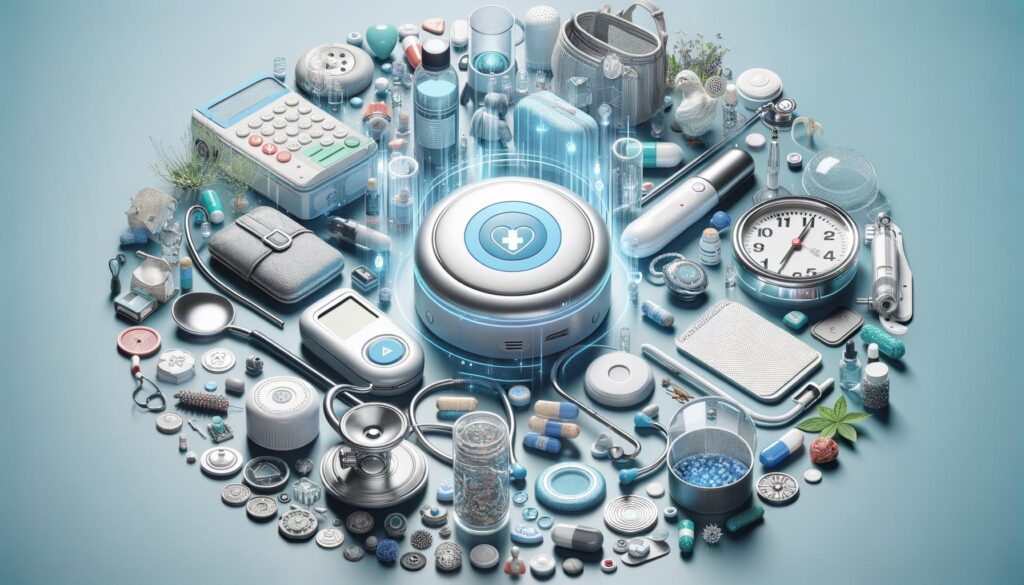Understanding Medical Alert Systems for Seniors

What is a Medical Alert System?
A medical alert system is a device designed to signal an emergency requiring urgent attention and to summon emergency medical personnel. When a senior experiences a fall or sudden illness, immediate assistance is crucial. These systems typically include a wearable device such as a wristband or necklace with a button that the user can press to alert a monitoring center or emergency services.
Most medical alert systems offer several components, including:
- A communication device, usually connected to a landline or cellular network.
- A wearable button or bracelet for easy access when needed.
- Access to a 24/7 monitoring service.
- Options for additional features like fall detection and GPS tracking.
The Importance of Medical Alert Systems for Seniors
As people age, the risk of falling or experiencing a health emergency increases. Medical alert systems provide peace of mind to both seniors and their families by ensuring that help is always just a button press away. Here are some significant benefits:
- Quick response times can reduce the severity of an injury by getting help faster.
- Independence is promoted as seniors can remain safe in their own homes.
- The presence of these systems can give family members confidence and reduce anxiety about their loved ones living alone.
Overall, these devices play a vital role in providing safety and assurance to the elderly community and their caregivers.
Features to Consider When Choosing a Medical Alert System
When selecting a medical alert system, it’s important to consider the unique needs and lifestyle of the senior in question. Here are key features to look for:
- Fall detection: Some systems are equipped with sensors that detect falls and automatically alert the monitoring center.
- GPS Location Tracking: Particularly useful for seniors who are active or have Alzheimer’s, as it allows caregivers to locate them in case they wander off.
- Two-way communication: This enables direct communication with an operator without being near any base station.
- Water resistance: Since many falls occur in wet places like bathrooms, water-resistant devices are crucial.
Potential Challenges with Medical Alert Systems
While beneficial, there are some challenges associated with using medical alert systems. A common issue is compatibility; some systems work better when integrated with specific types of technology. It’s essential to understand:
- Whether the system needs a landline or if it can function with a cellular network.
- The level of technical support provided by the company, as ease of use is crucial for seniors.
- The range of coverage, especially in rural areas where connectivity might be a concern.
Additionally, cost can be a concern, as the pricing models can vary significantly. Consumers should carefully review plans to ensure they align well with their budget and service needs.
Conclusion: Securing Peace of Mind
Medical alert systems offer valuable security and comfort for seniors and their families. By enabling immediate access to emergency services, these devices can help maintain independence and provide reassurance in times of need. When choosing a system, consider the features most pertinent to individual needs, such as fall detection and GPS tracking. Ultimately, these systems represent a proactive approach to caring for aging loved ones, balancing safety and self-reliance with oversight and protection.
